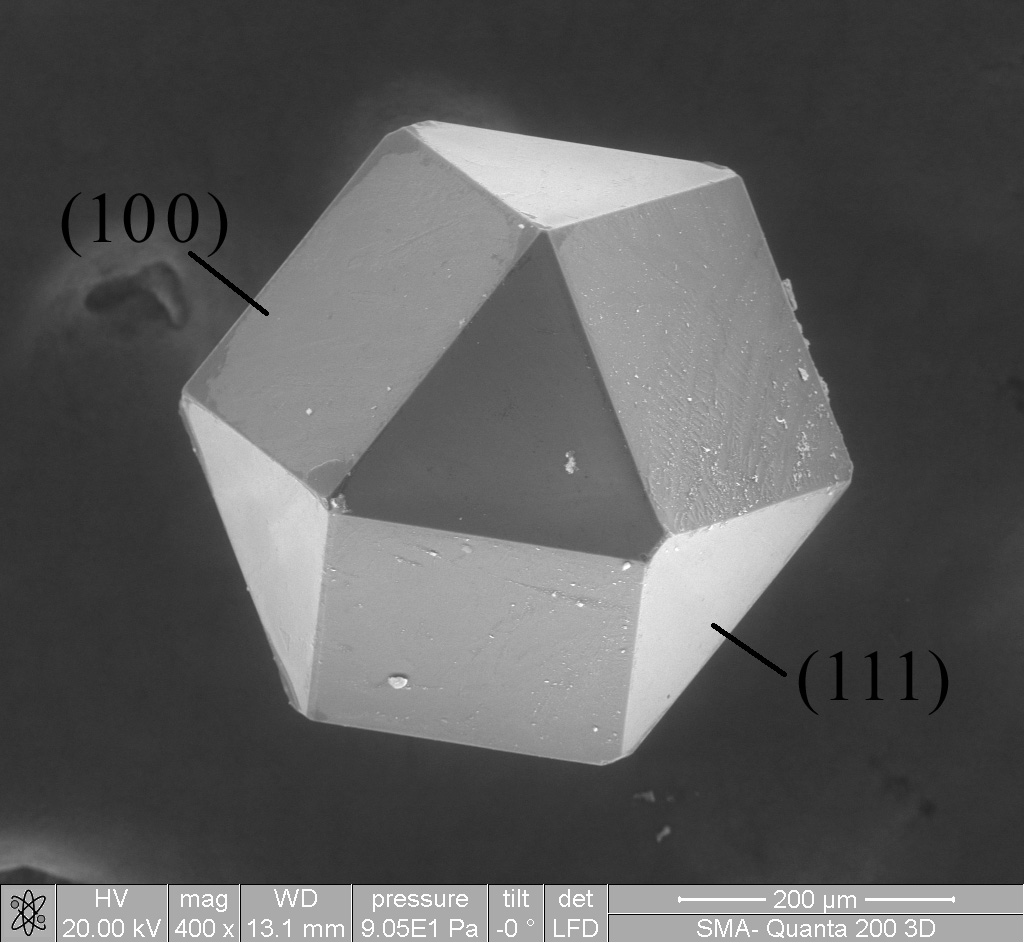This might be an eye opener. Sometimes its brutally simple, or a matter of trade offs:
Wood is lighter and is easy to work with, long-lasting, and results in less thermal bridging. Concrete, on the other hand, allows for the design of resilient and robust buildings.

www.builderspace.com
Note comments on engineered wood. Composites. Etc.
If you are curious about new materials/composites studies:

en.m.wikipedia.org
Rest assured simulations are used and ran on supercomputers for the above!
Diminishing returns might also fit on this whole perception of the world. Maybe, just maybe... we are reaching a point where progress in one area counters the progress in another. Where R&D now serves the final few % of progress thats still left, making it progressively less attractive to keep moving forward. Look at CPU and semicon nodes... its getting borderline retarded for those few extra percent of perf or power use. Marketing carries that now, to keep us buying, but ten year old chips work just the same for most. The real problem is that we keep buying, wanting more. We have been conditioned that way for generations, cradle to grave. Its not strange every company is caught up in the same rat race.
When we collectively start realizing and acting upon 'enough is enough', is the moment we can enforce systemic change to hypercapitalism that is way past expiration date. The new keyword I think is not growth, but sustainability alongside much slower progress. We need to slow down and do less of everything, refine what we have and start talking about global management of growth and decline.
This requires a less competitive and more collaborative approach. .... .... Yeah.

www.builderspace.com

en.m.wikipedia.org












